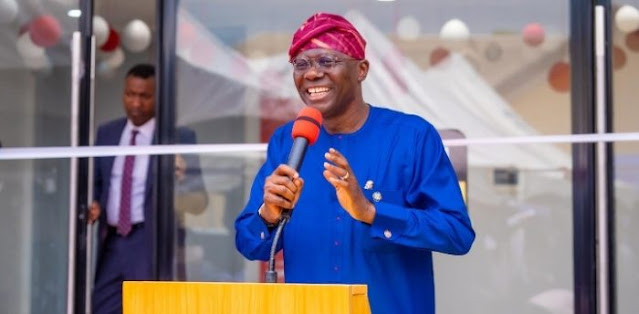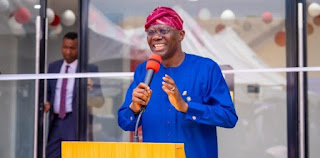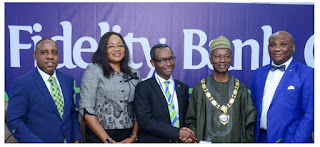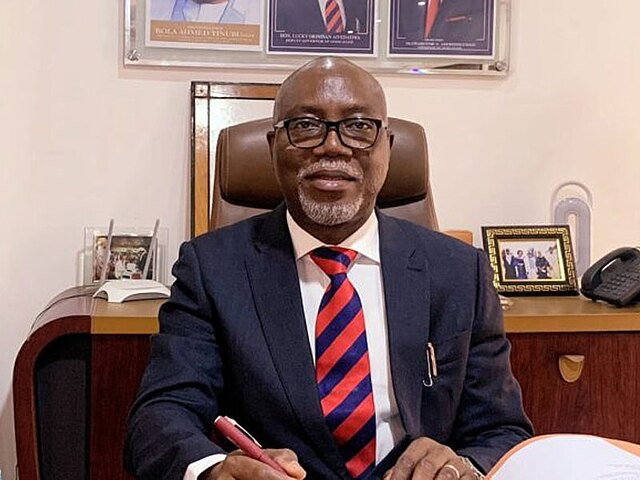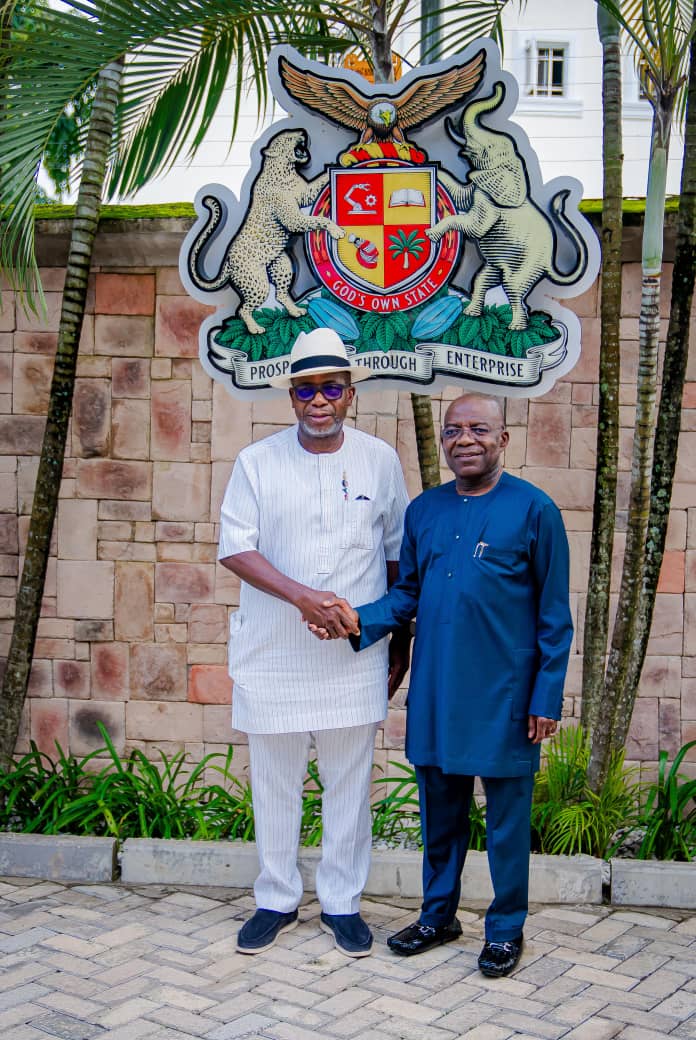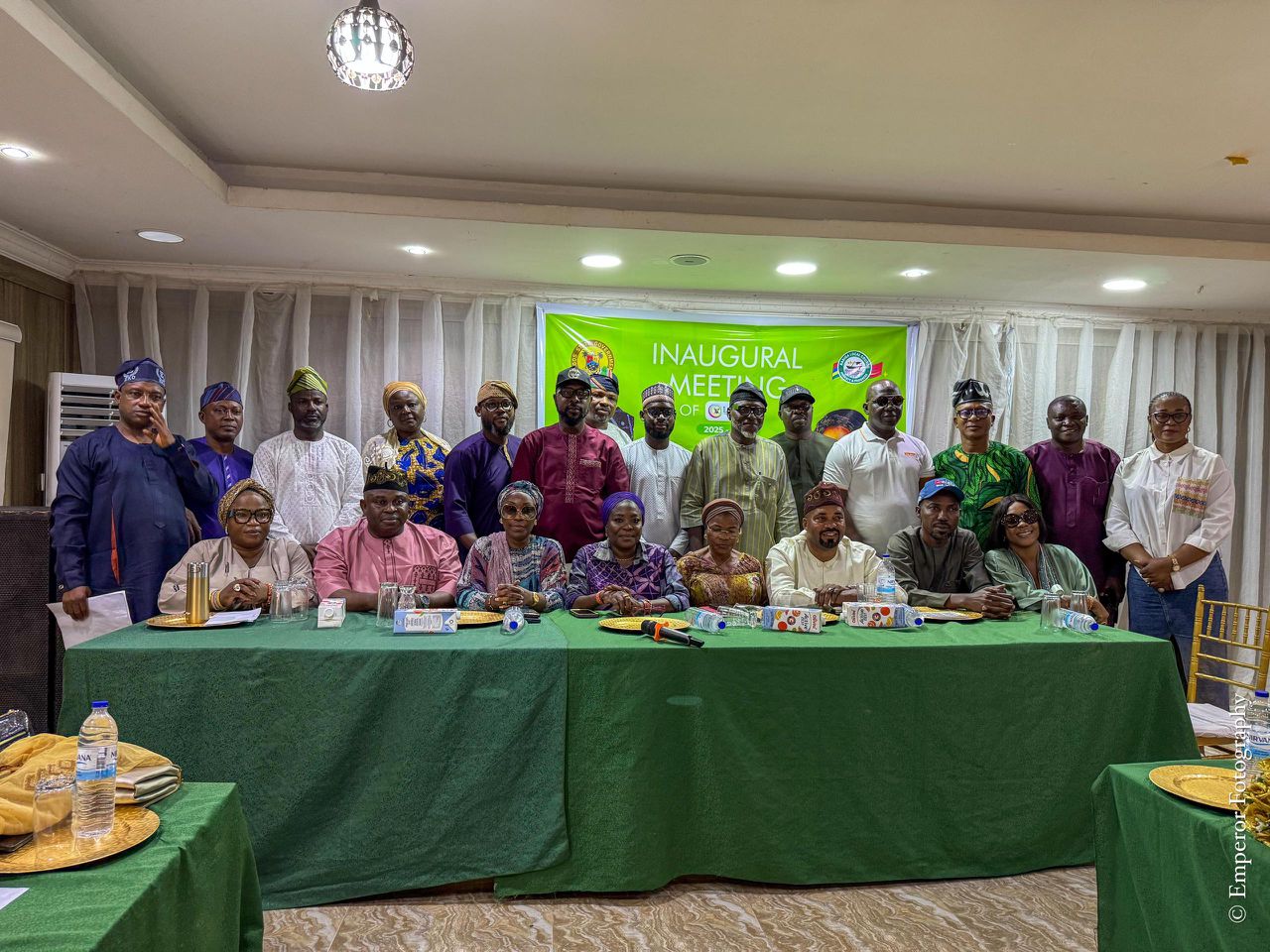…Calls for Creative Learning Tools in Schools
Governor Babajide Olusola Sanwo-Olu has unveiled Discover Lagos State: A History Puzzle Book, a first-of-its-kind educational tool aimed at deepening civic pride and historical awareness among young Lagosians.
At the public presentation held at the Civic Centre in Victoria Island on Wednesday, the Governor reaffirmed his administration’s support for knowledge-driven initiatives that foster identity, stimulate creativity, and connect citizens more meaningfully to the state’s heritage.
Represented by Deputy Governor Dr Kadri Obafemi Hamzat, Sanwo-Olu encouraged teachers, parents, and school administrators to incorporate the puzzle book into both classroom teaching and informal learning environments.
He urged pupils to view history as an exciting, relatable subject rather than a distant or abstract concept. “Education must appeal not only to the intellect, but also to the heart and spirit,” he said.
The Governor described the book as a blend of education, creativity, and cultural preservation. He explained that the project is a strategic tool designed to nurture curiosity and strengthen young people’s understanding of Lagos State’s history, values, and cultural identity.
“To build a truly informed generation of Lagosians is to ensure that our people, especially our children, understand their origins,” he said. “This book is a brick in that foundation, a creative method of transmitting historical consciousness that informs while it entertains.”
Sanwo-Olu acknowledged the challenge of keeping history alive in a fast-paced, digital world and praised the book for transforming archival content into an engaging and interactive experience. He described it as a model example of how public institutions can adapt through the use of technology and creativity to reach wider and younger audiences.
He also credited former Governor Babatunde Raji Fashola, SAN, for establishing the Lagos State Records and Archives Bureau (LASRAB) in 2008, calling it a visionary step towards documenting and preserving Lagos’s legacy for future generations.
Delivering the keynote address, Fashola described the book as proof of what is possible when history and imagination are brought together. He said the puzzle book presents the past in an accessible and captivating way for children.
According to Fashola, LASRAB was conceived as a central repository of Lagos State’s memory, a reliable source of facts, documents, policies, and evidence of societal development available to students, researchers, leaders, journalists, and citizens.
He called on the current administration to ensure LASRAB is fully supported to carry out its mission. “To make this goal a reality, LASRAB must be adequately resourced, not just physically, but financially and digitally,” he said, noting that the preservation of records serves legal, historical, and cultural functions.
Fashola said the book avoids dense academic writing in favour of puzzles, illustrations, and storytelling, designed to awaken curiosity and civic consciousness. “The effort by LASRAB is, without any doubt, the most commendable one,” he added.
Commissioner for Information and Strategy, Mr Gbenga Omotoso, described the publication as an imaginative way to ignite public interest in history and heritage. He explained that the project serves as a critical bridge between the past and the present and equips young people with the knowledge needed for the future.
He cautioned against seeing the book as a standard publication, stressing its value as an educational tool that modernises the understanding of history. “If we fail to evolve many times, we risk losing our identity,” Omotoso said.
He praised LASRAB for its role in the initiative and expressed confidence that the book would become an essential resource in schools, libraries, homes, and institutions interested in history, education, and culture.
Professor Olawale Lawal, Director of Pre-Degree Studies at Lagos State University’s Epe Campus, reviewed the book and commended its lucid presentation of historical facts. He noted that it pays special attention to the five traditional administrative divisions of Lagos, IBILE, representing Ikeja, Badagry, Ikorodu, Lagos, and Epe.
According to Prof Lawal, the 220-page book is divided into two parts. The first, spanning 139 pages across 37 chapters, explores Lagos’s history, culture, traditions, and lifestyle. The second section, comprising 18 chapters, documents significant periods and milestones in the state’s evolution.
He said the puzzle-based format is designed to support knowledge retention, skill development, and reflection, offering a dynamic learning experience that encourages both engagement and personal growth.


